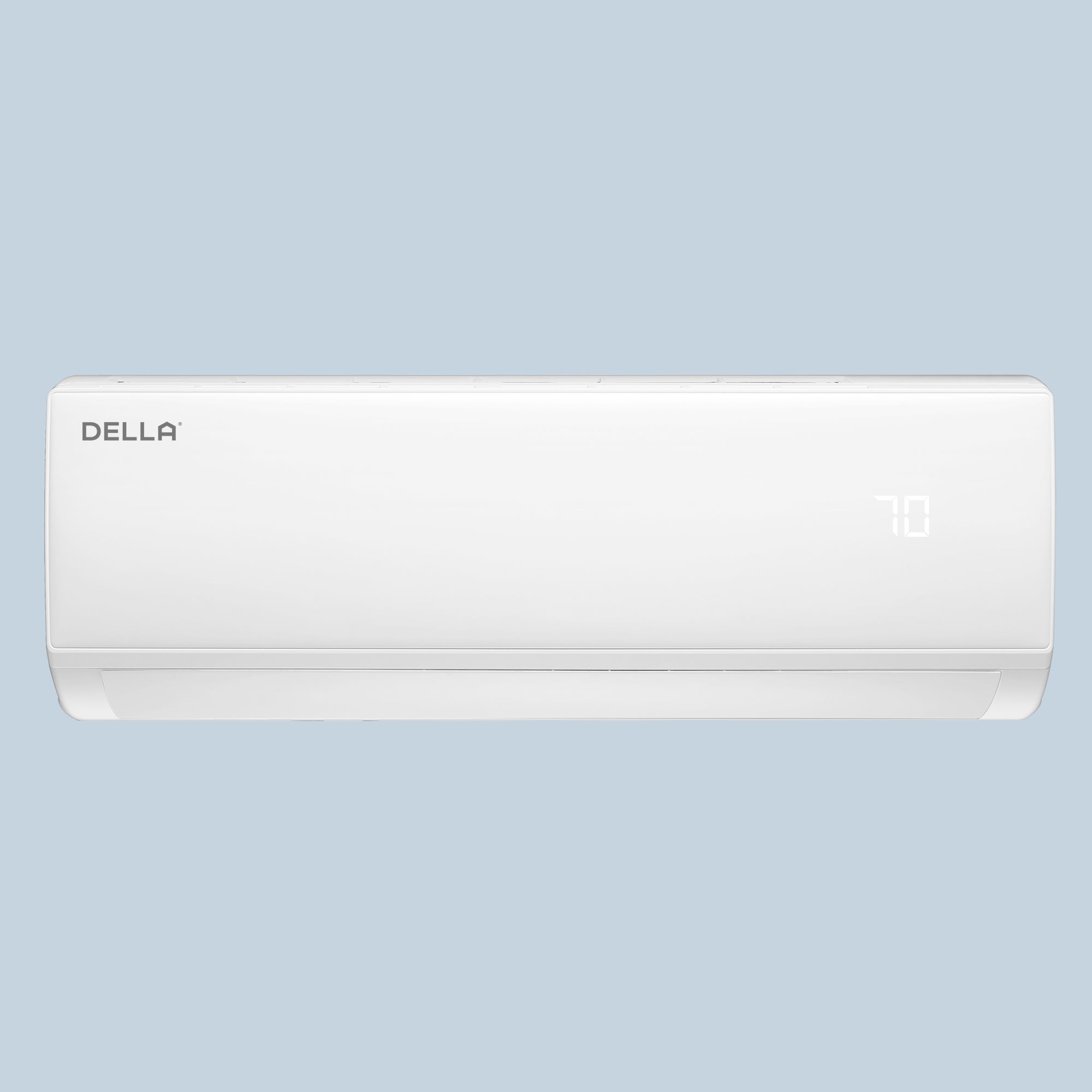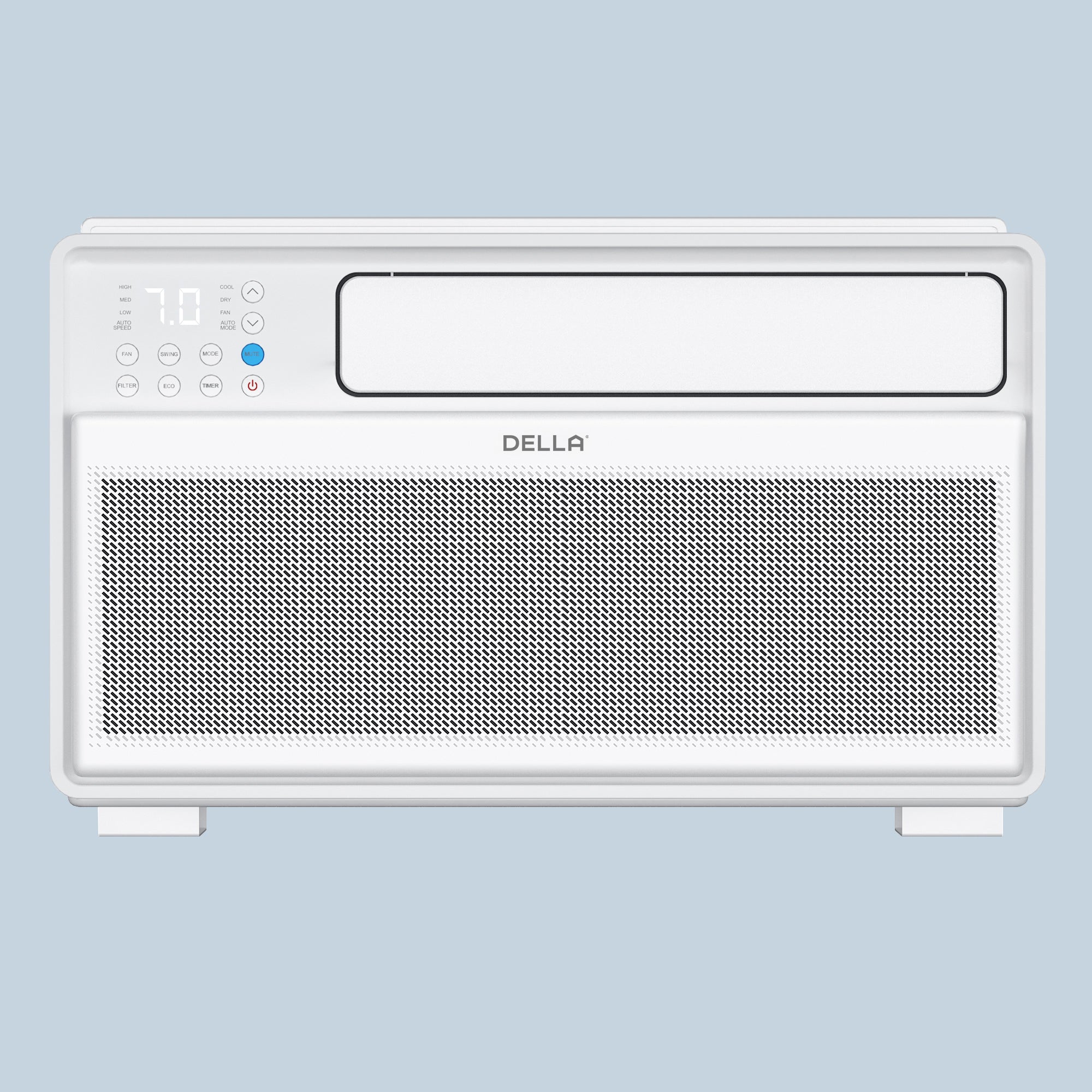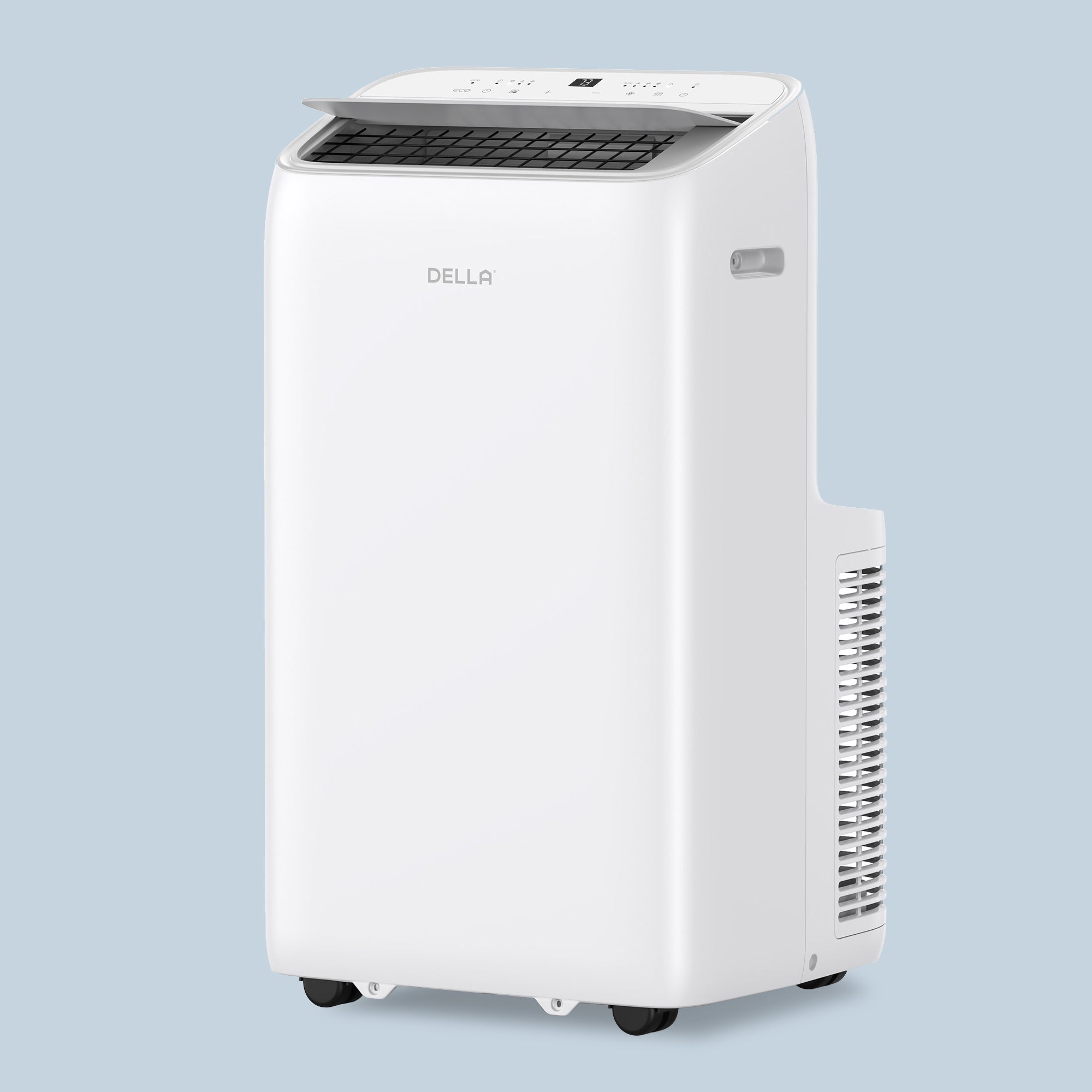In our previous blog, we explored how the quality of the air we breathe affects our health and well-being, and while we can’t always control the air outside, we can make changes to the air inside our homes. We’ve previously discussed the numerous negative health effects of poor air quality, but the good news is that there are some simple steps you can take to improve the indoor air quality in your home.
But before you do, you need to understand that indoor air quality includes:
- Temperature
- Humidity
- Lack of outside air (poor ventilation)
- Mold from water damage
- Exposure to other chemicals
- Fuel-burning combustion appliances (carbon monoxide)
- Tobacco products (smoke)
- Building materials and furnishings
- Household cleaning and maintenance products
- Humidification devices
- Excess moisture
- Outdoor sources (pesticides, radon, outdoor air pollution)
- HVAC systems
How Do Other Home Factors Affect Indoor Air Quality?
The last factor on this list is one of the most vital components of your home and needs extra attention. HVAC (Heating, Ventilation, and Air Conditioning) systems play a crucial role in maintaining and improving indoor air quality (IAQ). These systems not only regulate temperature and humidity but also filter out contaminants and circulate fresh air within buildings. Proper design, maintenance, and operation of HVAC systems are essential for ensuring good IAQ, as they help remove airborne pollutants, such as dust, pollen, and microbes, while preventing the buildup of moisture that can lead to mold growth. Consequently, a well-functioning HVAC system can enhance comfort, health, and productivity by providing clean, fresh, and well-conditioned air to occupants.
Ventilation also plays a part in determining indoor air quality. Poor ventilation can cause poor indoor air quality because your HVAC system ends up circulating the pollutants trapped inside. It’s also customary to close all windows and doors when running an HVAC system effectively, which also traps the indoor contaminants. As a result, when an HVAC system isn’t properly maintained, it worsens your indoor air quality.
A well-functioning heater and air conditioner are required in any home and provide both comfort and contribute to your indoor air quality. An AC contains an air filter to directly remove a wide variety of particles that naturally end up in your indoor air and can also help regulate humidity. Depending on your home’s heater system, it can also help filter and circulate the air inside your home. If your heating system uses gas, it’s imperative to make sure there are no leaks.
Humidity
Being able to regulate humidity means lessening the opportunity for mold, mildew, fungus, bacteria, and viruses to grow and travel, which improves IAQ and your health. Equipped with air purification devices and multiple filters, these systems can cleanse the air, making it healthier to breathe.Air Conditioning
Air conditioners can improve indoor air quality by filtering out pollutants such as dust, mold spores, and pollen, as well as reducing humidity which can help prevent mold growth. However, if not maintained properly, air conditioners can also contribute to poor indoor air quality. Dirty filters can collect dust and bacteria and distribute them throughout your home. Regular cleaning and maintenance of your air conditioning unit will help keep your indoor air quality healthy.Heaters
Heaters can also affect indoor air quality. Gas furnaces can produce carbon monoxide, a colorless and odorless gas that can be dangerous if not properly vented outside. Electric heaters, on the other hand, do not produce carbon monoxide but can create dry air which can cause respiratory irritation. It’s important to have your heating system checked annually to ensure it is operating safely because indoor heaters wrap our spaces in a warm embrace, turning cold corners into cozy retreats. Without the addition of heat, many places would be unlivable or dangerously freezing cold.Humidifiers
Humidifiers can be a useful tool for improving indoor air quality, especially during the winter months when the air is dry. They may not directly remove contaminants from the air or provide filters to block out dirt, dust, mold and other particles, but they do offer certain benefits. Humidifiers introduce moisture into the air, ensuring a comfortable atmosphere and promoting better respiratory health. And fortunately, they can help create humid air that moistens “nasal passages, which supports your body’s natural defenses against bacteria and viruses.”
Additional Tips for Improving Indoor Air Quality
These additional indoor air quality tips can be used by anyone, but some are specific, for example, if you have pets.
- Regularly clean and vacuum your home to remove dust and other pollutants
- Cover your waste baskets to prevent contaminants from being released into the air
- Regularly bathe pets and vacuum after them often to minimize pet hair and dander
- Keep indoor plants around your living space to help provide natural air purification
- Keep home chemicals sealed tightly so toxic gas won’t leak
- Open windows and doors to allow fresh air in and to let out stale air
- Don’t smoke inside your home to prevent the build up of toxic chemicals
- Use natural cleaning products that have reduced or zero toxic gasses
- Consider using an air purifier to provide additional dedicated air cleaning
- Remove shoes before entering your home to prevent the spread of contaminants
- Reduce clutter to limit dust buildup
- Don’t use artificial scents since they can harbor toxic fumes
Indoor Air Quality Highlights
Your home’s HVAC system plays the largest role in the quality of the air in your home. At Della, we take extra care when designing our air conditioning and heating appliances such as mini-splits, space heaters, window ACs, and more. That way, our customers will always be investing in both their health and comfort.
Additionally, there are many factors that can affect indoor air quality, but with some simple changes, you can create a healthier living space for you and your family. Regular cleaning and maintenance of your heating and cooling systems, using an air purifier, and following the tips above can all help to improve indoor air quality and keep you breathing better.










LEAVE A COMMENT
All comments are moderated before being published.
This site is protected by hCaptcha and the hCaptcha Privacy Policy and Terms of Service apply.